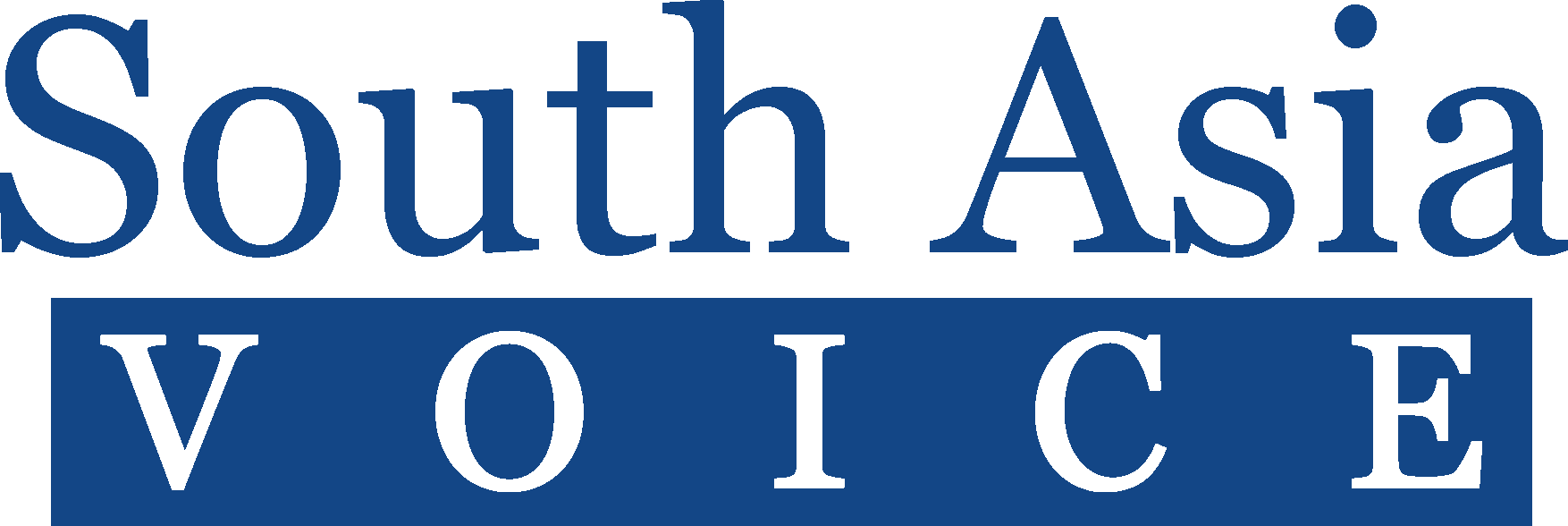This year’s SSC exam results have raised eyebrows among parents, teachers, and even education administrators. The drop in the pass rate, the decrease in the number of GPA-5 achievers, and the decline in students’ writing and analytical abilities have prompted a vital question—who is responsible for this deterioration? The education system or the students themselves?
At present, the SSC exam results are not only questionable but also a reflection of the overall decline in the intellectual development of an entire generation.
Many students have failed, while others have achieved results far below expectations. When asked who is to blame, they often point fingers at the education system, teachers, or the question papers.
But how many of them engage in self-reflection? How many admit the lack of proper preparation and disciplined study habits? In truth, both the weaknesses of the education system and the declining interest of the young generation in learning are to blame.
Today’s students rarely evaluate themselves. They live in a mobile-internet-driven virtual reality. Their disinterest in studying has become undeniable.
Addiction to smartphones, social media, YouTube, and gaming apps is steadily drawing their attention away from learning.
Values like patience, perseverance, and curiosity are becoming rare among students. They seek quick success but dislike the hard work behind it. Some claim that studies are not “interesting,” that lessons feel disconnected from real life. But is that a valid excuse?
On the other hand, the education system has its own serious flaws. Outdated textbooks, rote-based exams, untrained or uninspired teachers, and external interference in educational institutions—all have turned the system into a “question-paper-oriented competition.”
Overreliance on coaching centers and guidebooks has stifled creative thinking, while rumors of question leaks encourage unethical behavior.
Moreover, the post-pandemic education system has yet to recover fully. Students may be physically present in classrooms, but mentally they remain detached.
Many SSC and HSC candidates now say: “Passing is enough.” They don’t care to learn; they only chase grades.
But are they solely responsible? Has society taught them the true meaning of education? Without building a knowledge-based society, can we realistically expect students to love learning?
Furthermore, today’s exam-oriented study culture pushes students to focus only on marks. As a result, they fail to acquire real understanding, limiting themselves to rote memorization.
Consequently, while some students may temporarily achieve high grades, they often stumble in higher education. This year’s SSC results expose the consequences of such a weak foundation.
Along with rote dependence, indiscipline and a sense of entitlement have crept into student behavior. When students claim, “We’ve been wronged,” it often reflects emotion and excuse more than reality.
For example, last year, amid the quota reform protests and student uprisings, several HSC exams were postponed.
When exams resumed, some students argued they were mentally unprepared and demanded results based on half the tests.
This pattern continued. When a seasonal viral outbreak occurred this year, some students demanded the cancellation of SSC exams, citing Ramadan fasting and extreme heat as reasons for poor preparation.
They even proposed extending breaks between exams or rescheduling them entirely.
Worse, many students who failed this year have refused to accept their results positively.
Instead of preparing for retakes, they staged protests demanding changes in pass criteria—such as combining MCQ and creative sections for a single pass mark, offering supplementary exams, and guaranteeing college admission for those who failed.
Such demands are completely unreasonable for students in a developing country aspiring toward progress. A growing trend among students is to blame others for their own failures.
Instead of admitting shortcomings, they take to the streets demanding to be passed—an attitude that undermines accountability.
Success and failure are both parts of life. But blaming teachers for personal shortcomings is never the right approach.
Many students claim teachers failed them intentionally, yet they never consider their own lack of preparation or responsibility.
Now, let’s examine the state of the education system itself.
From 2020 to last year, the SSC pass rate remained above 80%. Last year it was 83.77%, but this year it dropped to 68.04%.
The number of institutions with a 100% pass rate also fell sharply—from 2,968 last year to only 984 this year. Meanwhile, 134 schools had not a single student pass, 83 more than last year.
The number of GPA-5 achievers dropped from 163,845 to 125,018—a decrease of 38,827 students.
While some fluctuation is natural, such a sharp decline demands scrutiny. This year’s poor performance partly stems from stricter grading standards.
In previous years, easier marking inflated results and artificially increased GPA-5 counts.
This year’s SSC candidates were the so-called “pandemic batch.” During the Covid-19 outbreak, they were in grades six and seven—crucial years for learning algebra and foundational concepts.
With schools closed, they missed essential lessons. As a result, many advanced to higher grades with significant learning gaps.
Experts and NGOs had long warned about these issues and suggested remedial programs, but education authorities largely ignored them.
Instead, students were given token “assignments,” which most completed by copying answers from YouTube or online sources.
There was little real teaching or learning, and teachers were barely engaged.
For years, the exam system has been rigid and memorization-driven. Teachers and students alike have distanced themselves from conceptual understanding.
Thus, exams failed to assess true merit.
In modern education, factual recall has less value—facts are available online instantly. Yet students continue to memorize them word for word instead of learning to interpret or apply knowledge.
This year’s exam questions tried to assess understanding and analytical skills—and that’s where many struggled.
Today’s education has become dependent on notes and private tuition. Students memorize teacher’s notes or guidebook answers to secure high GPAs, without true comprehension.
But university entrance exams reveal the reality: Thousands of GPA-5 holders fail miserably in competitive tests.
To overcome this crisis, both short- and long-term strategies are needed. Immediate reforms may bring short-term results, but sustainable change requires structural transformation.
Every chapter in a textbook is designed to build specific knowledge, skills, and attitudes.
Before advancing to the next topic, teachers must ensure students have mastered the current one. Otherwise, learning remains fragmented.
Before introducing a new topic, teachers should discuss it with students to assess their prior understanding and relevance to real life. Lessons shouldn’t just be about “teaching the syllabus,” but about connecting concepts to broader knowledge.
For instance, before teaching pronouns, a teacher must ensure that students understand nouns. Otherwise, the entire lesson becomes confusing.
Similarly, strong students can help weaker ones—building a cooperative learning environment.
Many teachers lack proper understanding of the curriculum’s goals. Including a simple checklist at the end of each chapter could help verify whether learning objectives are achieved before moving forward.
If each student masters the competencies of one grade before advancing to the next, large-scale failures like this year’s SSC results would become rare.
Adapting to changing times requires reform—but thoughtful, not hasty, reform. Meaningful, tested changes guided by experienced educators are essential.
The media must also play a proactive role in redefining the purpose of education. Education is not just about passing exams but about learning to think, to question, and to innovate. Media should focus more on creativity, innovation, and social responsibility in education.
Families, too, must shoulder their share of responsibility. Parents should not pressure children solely for grades but nurture curiosity and empathy.
First, parents should regularly discuss their child’s learning—not just “How long did you study?” or “What marks did you get?” but “What did you learn?” and “What interests you?” Such conversations build accountability and engagement.
Second, parents should encourage creative activities—reading, art, science projects, debate, drama, or music. These enrich the child’s understanding and appreciation of learning.
Third, failure should not be seen as shameful. Instead, children must learn that failure is a stepping stone to growth. Comparing or humiliating them only damages confidence.
Fourth, a study-friendly environment at home is vital—quiet, distraction-free time away from screens.
Finally, parents must shift focus from grades to growth. Ask not “How much did you score?” but “What did you understand? How are you thinking?”
Teachers play the most crucial role. They are not just instructors but mentors and motivators. A good teacher inspires students to think critically, ask questions, and connect lessons to real life.
Both teachers and parents must support students’ genuine interests and passions.
SSC and HSC results may not directly determine a student’s future success, but they hold great educational value. These exams teach patience, discipline, time management, and perseverance—skills essential not only for academics but for life itself.
More than the grades, the process of preparation—regular study, planning, and focus—builds mental strength. Exams offer self-reflection, helping students identify strengths and weaknesses.
If students, teachers, parents, and policymakers all move forward responsibly, then students’ interest in learning will grow—and the failures of the education system will begin to fade.

